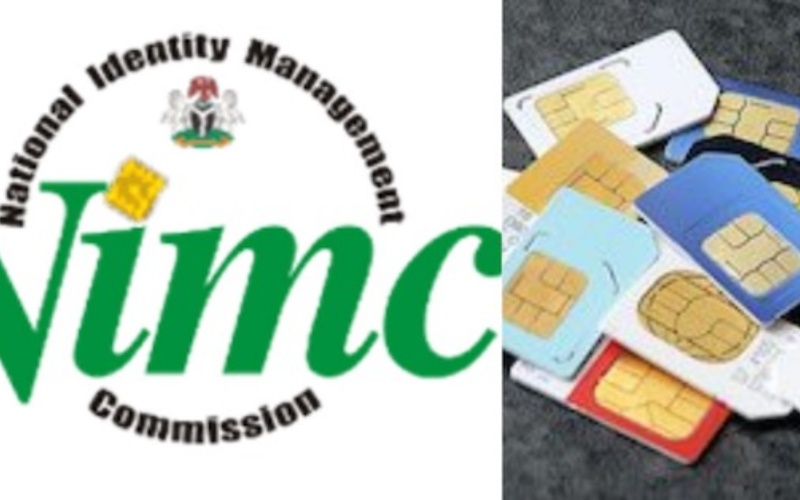National Identification Number enrollment declined by 41.63 per cent year-on-year in the first four months of 2023 to 4.67 million from 8 million in the corresponding period of 2022.
This is as the total number of NIN enrollments rose by 22.31 per cent to 98.7 million in April this year from 80.7 million as of April 2022.
According to new data from the National Identity Management Commission, 8 million people registered for NIN in the first four months of 2022, with total enrollment figures rising from 72.7 million as of January 1, 2022, to 80.7 million as of April 23, 2022.
Lagos continues to be the state with the most NIN enrolments with 10.83 million, although the state’s enrolment only grew by 3.8 per cent y-o-y in April 2023. The other top five states include Kano with 8.67 million; Kaduna with 6.04 million; Ogun with 4.15 million; and Oyo with 3.86 million.
The bottom five states include Bayelsa with 623,902; Ebonyi with 789,056; Ekiti with 998,685; Cross-River with 1.13 million; and Taraba with 1.44 million.
In the period under review, diaspora enrolment grew by 168.57 per cent to 409,408 in April 2023 from 152,441 in the corresponding period of 2022.
According to NIMC, NIN will link all the records of an individual — demographic data, fingerprints, head-to-shoulder facial picture, other biometric data, and digital signature — in the National Identity database.
The government said, “Identity management has remained a tasking issue for several administrations. There is a paucity of data despite several agencies collecting identity data for their operations in Nigeria.
“The latest of these is the Nigerian Communications Commission linking SIM registration data to the National Identity Number Database. NIMC plans to register an additional 100 million people in three years and has embarked on a massive registration drive. The plan is to enrol 2.5 million people monthly for the next three years.”
In 2023, the government has only been able to enrol 1.17 million people monthly.
According to VerifyMe Nigeria, the country’s digital identity sector will add about seven per cent to its real Gross Domestic Product by 2030.
It, however, disclosed in a report titled ‘Digital ID in Nigeria: State of the Industry’ that the country’s drive to grow its digital economy will depend on investments in enabling infrastructures in the digital identity space.
SOURCE: THE PUNCH











